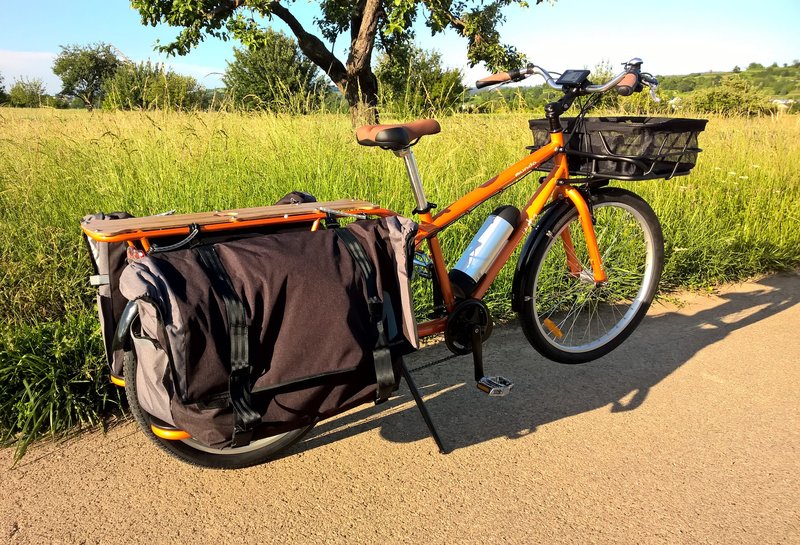Food co-ops sometimes set up mobile stores or home delivery schemes because they want to cover a wide area, perhaps where there are either lots of urban estates or rural villages that have no other shops.
How they work
A mobile store usually operates in a similar way to a stall, displaying trays of different varieties of produce that must be weighed out individually. Customers are normally able to go on to the van and choose what they want.
A home delivery scheme differs slightly from this as orders will be placed in advance and customers either order exactly what they want or place a regular order for a bag or box with a selection of fruit and vegetables. Deliveries could be made by van, car or cargo bike.
Many mobile stores or home delivery schemes will operate on a daily basis visiting different locations on different days of the week. They will also have premises where they can store produce from one day to the next.
Advantanges and disadvantages to consider
The main advantage of home delivery schemes is that they can be less time consuming than having to set up and pack away stalls in multiple venues. For schemes that cover a large area, mobile stores and home delivery schemes can also bypass the need to spend time finding suitable venues and recruiting volunteers to run stalls or pack bags across several locations. For customers who live in remote locations or who find it difficult to get to stalls when they are running, home delivery or mobile stores may also be much more convenient.
The main disadvantage of mobile stores and delivery schemes lies in the funding needed to buy a van, and making it look nice if it is to be used as a mobile store. You will also have to consider running costs to cover fuel, road tax, vehicle insurance, etc. Mobile stores and delivery schemes also often employ paid drivers to ensure a consistent service, rather than relying solely on volunteers.
Another option is cargo bikes which have the advantage of being carbon free but are expensive to buy. The amount that can be carried on a bicycle is also limited so you will either need a few bikes and riders or people who are willing to cycle back and forth to pick up more produce.
To find more useful food co-op related information visit our homepage
Food Co-ops toolkit: The Food Co-ops Toolkit will give you all the information you need to set up your own food co-op.
